
In a recent episode of the Quad Damage Podcast, game director Alex Hutchinson opened up about his experience working with Google Stadia, the challenges of AA development, and the future of cloud gaming. Hutchinson co-founded Typhoon Studios in Montreal in 2017, the team behind Journey to the Savage Planet. The studio was acquired by Google in 2019 and folded into Stadia Games and Entertainment—but after Google shut down SG&E in early 2021, Typhoon was closed alongside it.
Later that year, Hutchinson and several former team members regrouped under a new banner—Raccoon Logic—and eventually regained the rights to continue the Savage Planet series. In the interview, Hutchinson shares what that journey was like, how it compares to working with Xbox today, and why cloud gaming’s future depends on more than just tech.
It’s a rare behind-the-scenes look at what happens when a tech giant enters the gaming space unprepared—and what lessons developers are still carrying forward.
Reflections on Stadia: “We Don’t Know Why You’re Making Games”
Looking back on his time under Google, Alex Hutchinson shared his personal perspective on what he felt went wrong. While he appreciated the opportunity to bring Typhoon Studios into a larger ecosystem, he believes Google wasn’t well suited for the creative side of game development.
“They would say things like, ‘We wish you would make a game that would appeal to everybody all the time,’” he recalled. “And you’d say, that’s not possible.” In his view, Google approached games like it did services such as Google Maps—expecting broad appeal without considering the creative nuance.
Hutchinson described internal support as scattered and uncertain. “We’d be in these weird Google town halls,” he said, “and someone would ask, ‘Why are we making games?’ And we were like, ‘Good question. We don’t know either.’”
He also shared that Journey to the Savage Planet’s cameo in the Tom & Jerry movie was handled independently by Typhoon Studios through Warner Bros., not by Google—despite the shared corporate connection.
Still, he acknowledged that Google Stadia made it possible for that phase of the studio’s history to happen. “They made us an offer we couldn’t refuse,” he said. But in his view, the bigger issue was Google’s lack of clear purpose or commitment to game development as a long-term endeavour. “They need to think more carefully about where they spend time—because otherwise it’s frustrating to people who actually want to do it.”

Buying Back the IP: “It Took Longer to Buy It Back Than to Sell the Company”
After Google shut down Stadia Games and Entertainment in early 2021, Hutchinson and his newly formed team at Raccoon Logic faced an unexpected hurdle: regaining the rights to Journey to the Savage Planet. Although the game had been developed by Typhoon Studios, the rights were held by Google—despite no further plans for the IP.
“They did [retain the rights] and they kept them,” Hutchinson said. “So we had to buy them back from them. Basically, we had to find the money to buy it afterward. So it was not—it wasn’t for free.”
He described the process as more drawn out than the original acquisition. “It took longer to buy the rights back than it did to sell them the company.”
While he didn’t go into financial specifics, Hutchinson said reclaiming the IP was essential for the studio to move forward. That step paved the way for Revenge of the Savage Planet, now published under Raccoon Logic. We recently reviewed Revenge of the Savage Planet. Check out our full review here to see how it builds on the original.

Game Pass and Cloud Gaming Today: Caution, Not Criticism
While Alex Hutchinson supports the visibility that Xbox Game Pass can offer, he also spoke candidly about the risks of relying too heavily on subscription services. In his view, Game Pass is helpful when it’s part of a broader ecosystem. He stressed that it shouldn’t become the only way gamers access content.
“I think it’s very tricky,” he said. “It’s done terrible things to the music business when there’s only streaming.” Hutchinson believes that if gaming ever shifts to a subscription-only model, developers could lose leverage. “You make it so that it’s the only way you can sell a game, and then they start lowballing you,” he explained.
Still, he acknowledged the benefits of being on Game Pass, especially when backed by other options. “I think it’s okay as part of the ecosystem,” he said. “And I think it’s very dangerous as the only thing.”
On the topic of cloud gaming, Hutchinson shared that his experience with Stadia came with some assurance. Google owned the platform, so his team wasn’t expecting royalties anyway. But he praised Microsoft’s current direction, especially its multiplatform strategy. “You don’t want to be in just one place,” he said. “You want to be in as many as possible.”

The Future with Xbox: “A Great Friend for Us”
After the experience with Stadia, Hutchinson had positive things to say about working with Microsoft. While he acknowledged that large companies can be complex and bureaucratic, he described Xbox as a supportive and reliable partner.
“All the big companies are pretty faceless,” he said. “There are lots of departments that compete with each other, and sometimes the left hand doesn’t know what the right hand’s doing. But Microsoft’s been a great friend for us on this one.”
He credited Xbox for helping bring Revenge of the Savage Planet to Game Pass. He also said the studio was treated well during both the original game and its follow-up. “They’ve always treated us well,” he added.
That support hasn’t included hard data, though. Hutchinson noted that Microsoft told them the first game “did quite well” on Game Pass—but didn’t share specific performance metrics. Even so, he’s hopeful that the added exposure will help sales of the sequel.
He also emphasized that Game Pass alone isn’t enough to keep a small studio going. “If you love it,” he told podcast listeners, “please add the ten bucks to do the Cosmic Hoarder Edition. That’s the T-shirt at the rock concert. That’s what keeps us in business.”

Lessons from Google Stadia, Optimism for What’s Next
Alex Hutchinson’s reflections offer a rare, honest look at what it’s like to build games inside—and outside—the world of big tech. From the confusion around Stadia’s goals to the challenges of reclaiming an IP, his experience paints a picture of a studio caught between ambition and corporate uncertainty.
Yet the conversation wasn’t all frustration. Hutchinson expressed real gratitude for the opportunity to continue with Raccoon Logic, praised Xbox for being a reliable partner, and stressed the value of reaching gamers across platforms—including cloud.
He also made it clear that for AA studios, visibility alone isn’t enough. Supporting premium editions, even with a game on Game Pass, can be the difference between survival and closing shop. As cloud gaming continues to evolve, Hutchinson’s story serves as a reminder that success depends not just on technology, but on understanding the people and teams behind the games.
What do you think about Hutchinson’s take on Stadia, Game Pass, and the future of cloud gaming? Do subscription models help or hurt creativity? Let us know your thoughts below.
As always, remember to follow us on our social media platforms (e.g., Threads, X (Twitter), Bluesky, YouTube, and Facebook) to stay up-to-date with the latest news. This website contains affiliate links. We may receive a commission when you click on these links and make a purchase, at no extra cost to you. We are an independent site, and the opinions expressed here are our own.


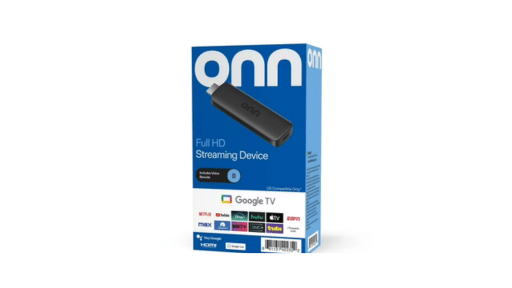
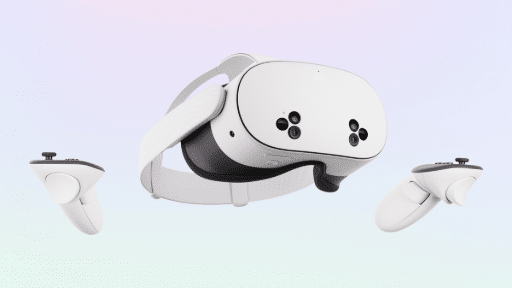
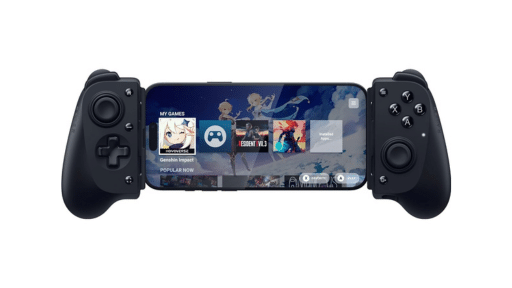
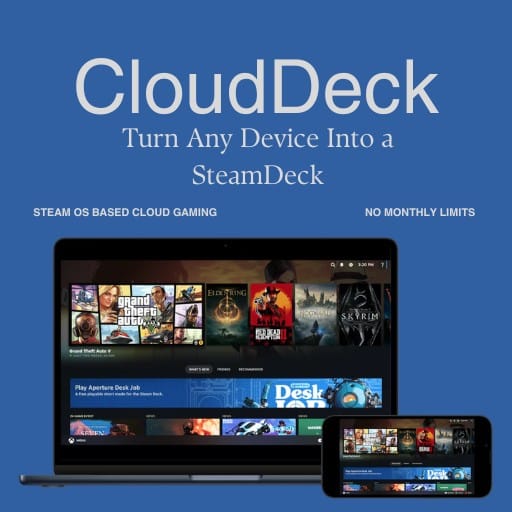


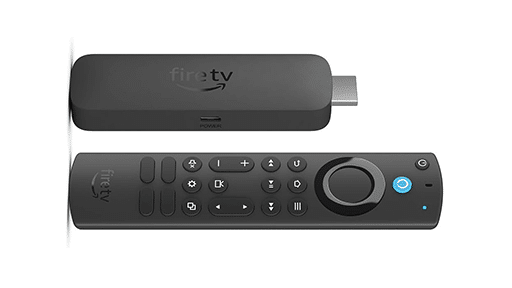

Subscription models help creativity and help smaller game companies get noticed. I can’t tell you how many games I didn’t know existed or wouldn’t have otherwise bought had I not tried them on PC Gamepass. There have been times I’ve even bought games I’ve already played on a Steam or GOG sale just to support the companies and have if I wanted to play again. The traditional sales model is what hurts smaller games because just to get a game made is has to seem to be able to have decent sales and then it’s harder to get noticed in a field full of AAA releases and all their marketing. But I don’t expect much of an opinion from one of the people involved in Stadia that admits he just kept going for a paycheck.